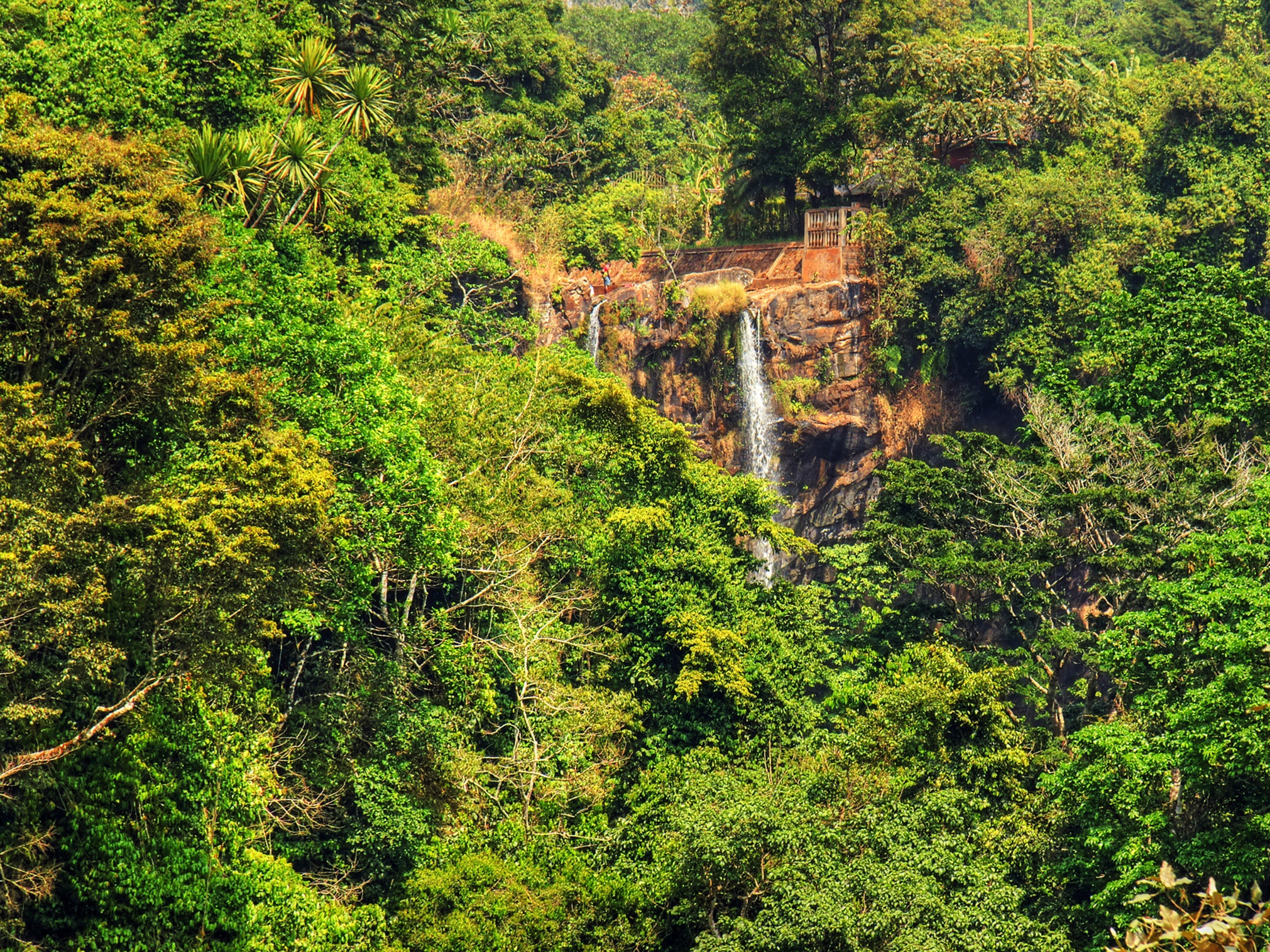New tree species became extinct before it was officially categorised
Forest clearing and spread of farming thought to have wiped out unique specimens in west Africa

Scientists have identified a new species of tree that is thought to have become extinct before it was even named.
The tree, which has now been called Vepris bali, is believed to have been unique to a forest reserve in west Africa, but forest clearing and agricultural development have wiped it out.
Scientists are studying the vepris species for the antimicrobial and antimalarial properties of their essential oils.
Researchers hope several other vepris trees will be identified and named in Cameroon before they also disappear.
A specimen was collected by a forester, Edwin Ujor, in the Bali Ngemba Forest Reserve in Cameroon in 1951.
The specimen was thought to belong to the genus vepris, which has 80 species, mostly found across Africa. But the tree has not been seen anywhere since.
Researchers from the Royal Botanic Gardens, Kew, and the country’s University of Yaoundé I examined the original specimens and used molecular phylogenetic studies to identify the new species.
They say the tree is now either critically endangered or already extinct.
Repeated efforts to find the species between 2000 and 2004 and at least six other studies failed to turn up any sign that the tree still exists.
Tens of thousands of plant species globally face similar risks. According to the International Plant Names Index, only about 5 per cent of all known species have ever been formally assessed for their extinction risk.
The authors wrote: “This makes it a priority to discover, document and protect such species before they become globally extinct.”
The Bali Ngemba Forest Reserve, an officially protected forest, is part of the Bamenda highlands, an area so denuded of its natural forest vegetation that it is now known in Cameroon as “the grasslands”.
The reserve, which sits up to 7,000ft above sea level, now represents one of the last remnants of cloud forest there, and is home to a unique collection of flora including at least 38 that are globally threatened.
But it, too, is being destroyed by the expansion of human farmland.
The researchers said if that were to be halted now, “it is feasible that the forest could recover and continue to have a national and global role in the conservation of species and natural habitat, even if some species may already have become globally extinct”.
Subscribe to Independent Premium to bookmark this article
Want to bookmark your favourite articles and stories to read or reference later? Start your Independent Premium subscription today.

Join our commenting forum
Join thought-provoking conversations, follow other Independent readers and see their replies